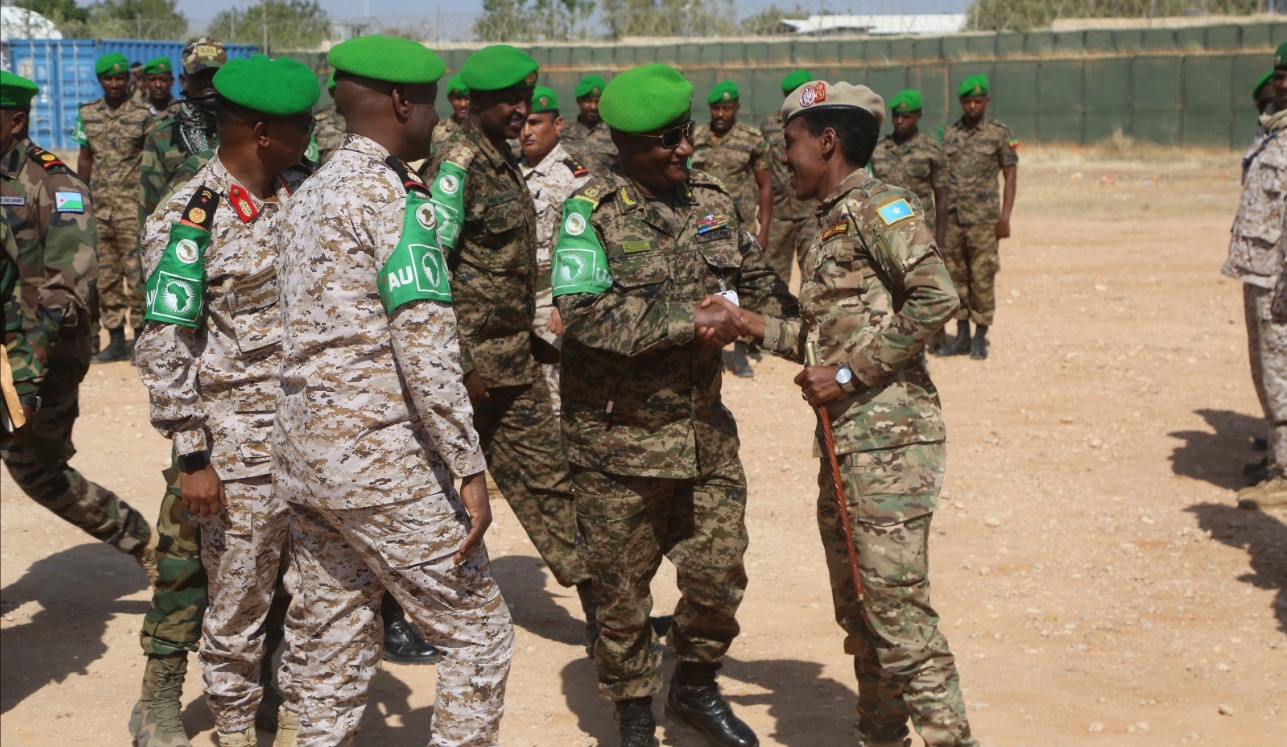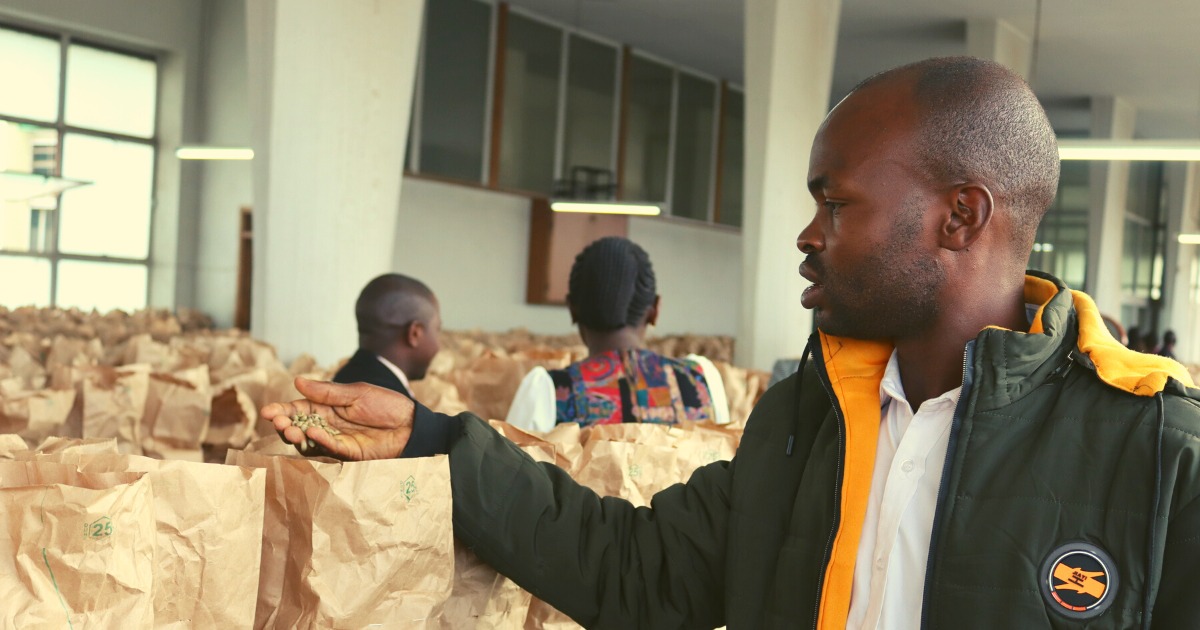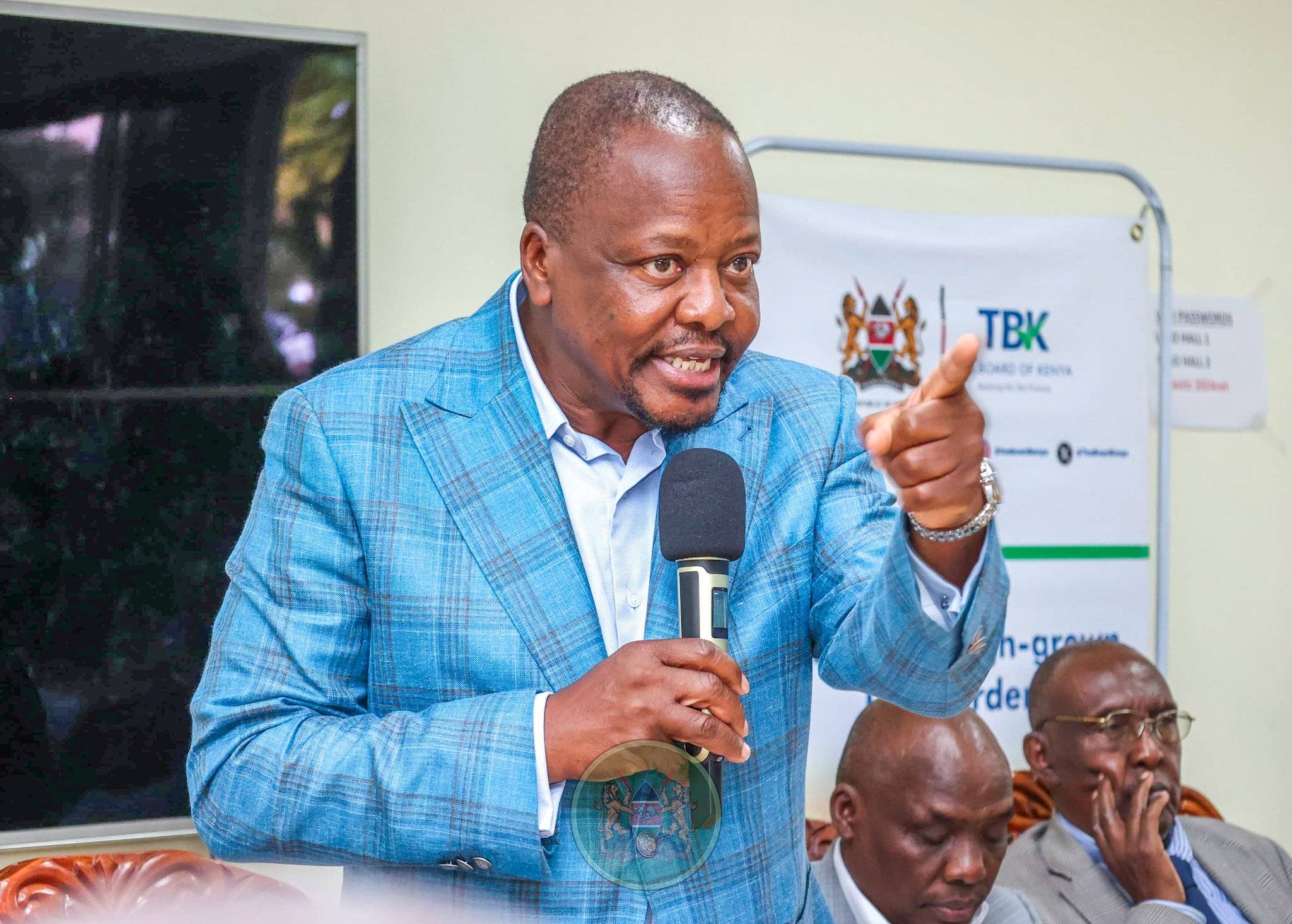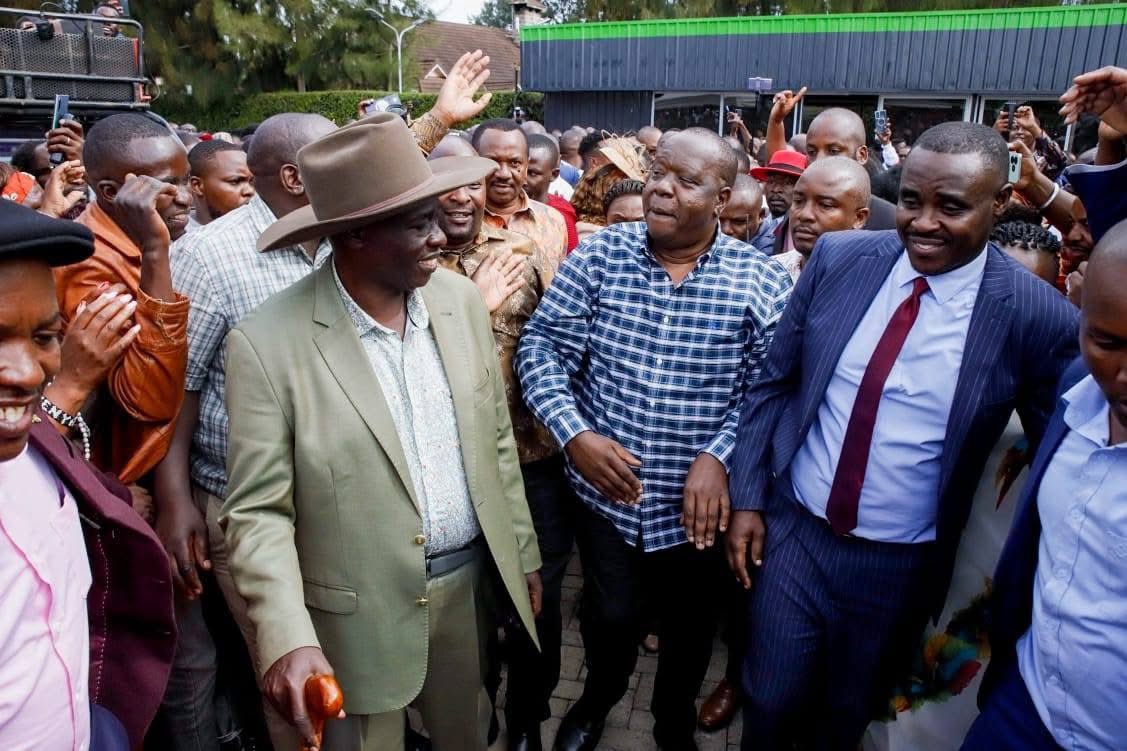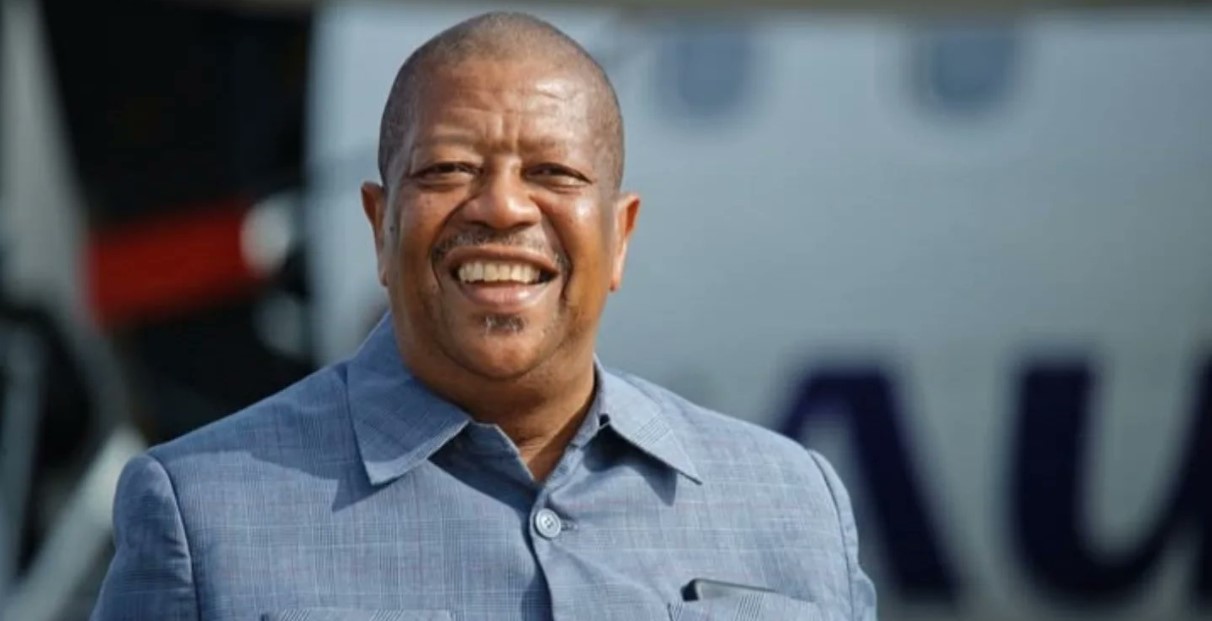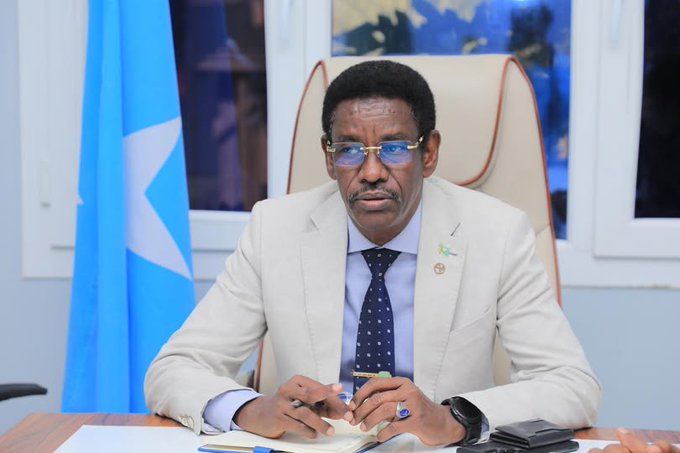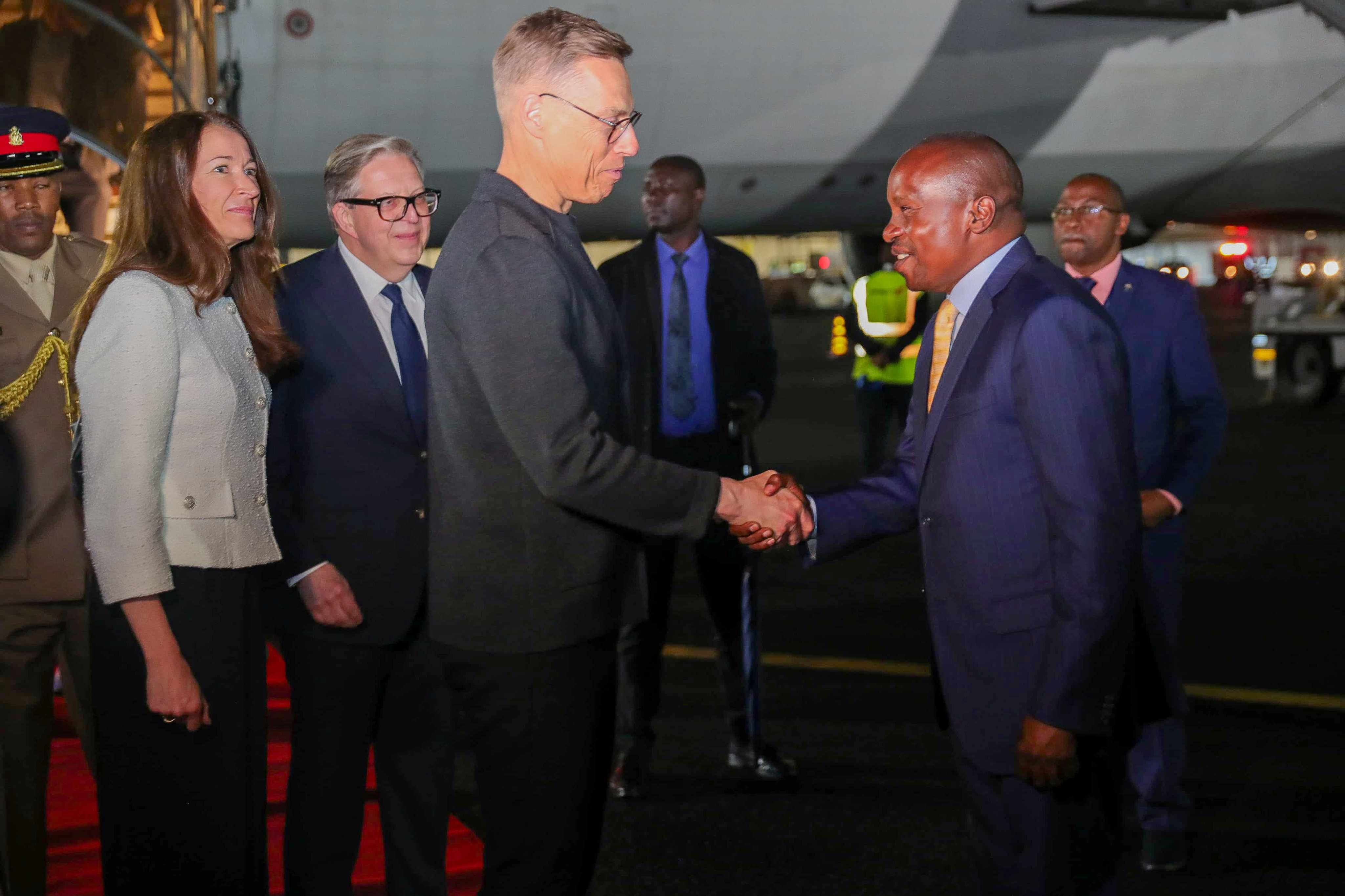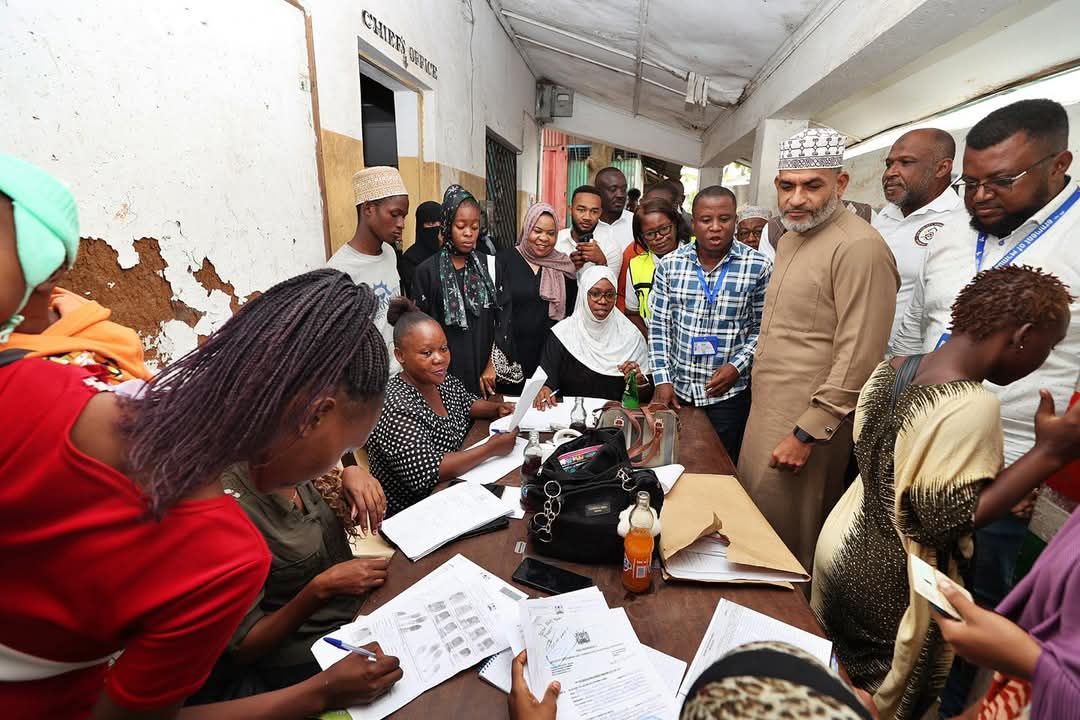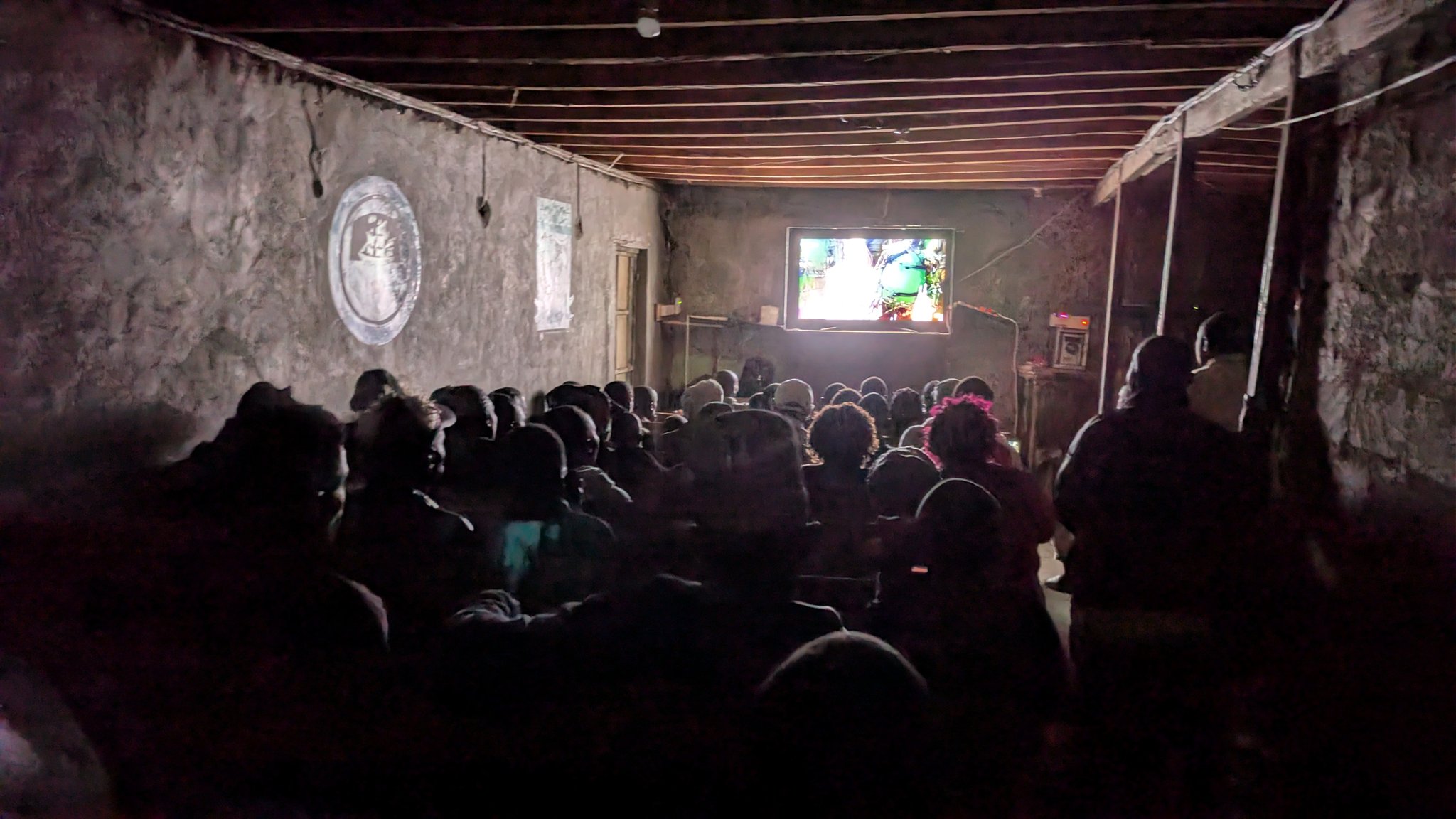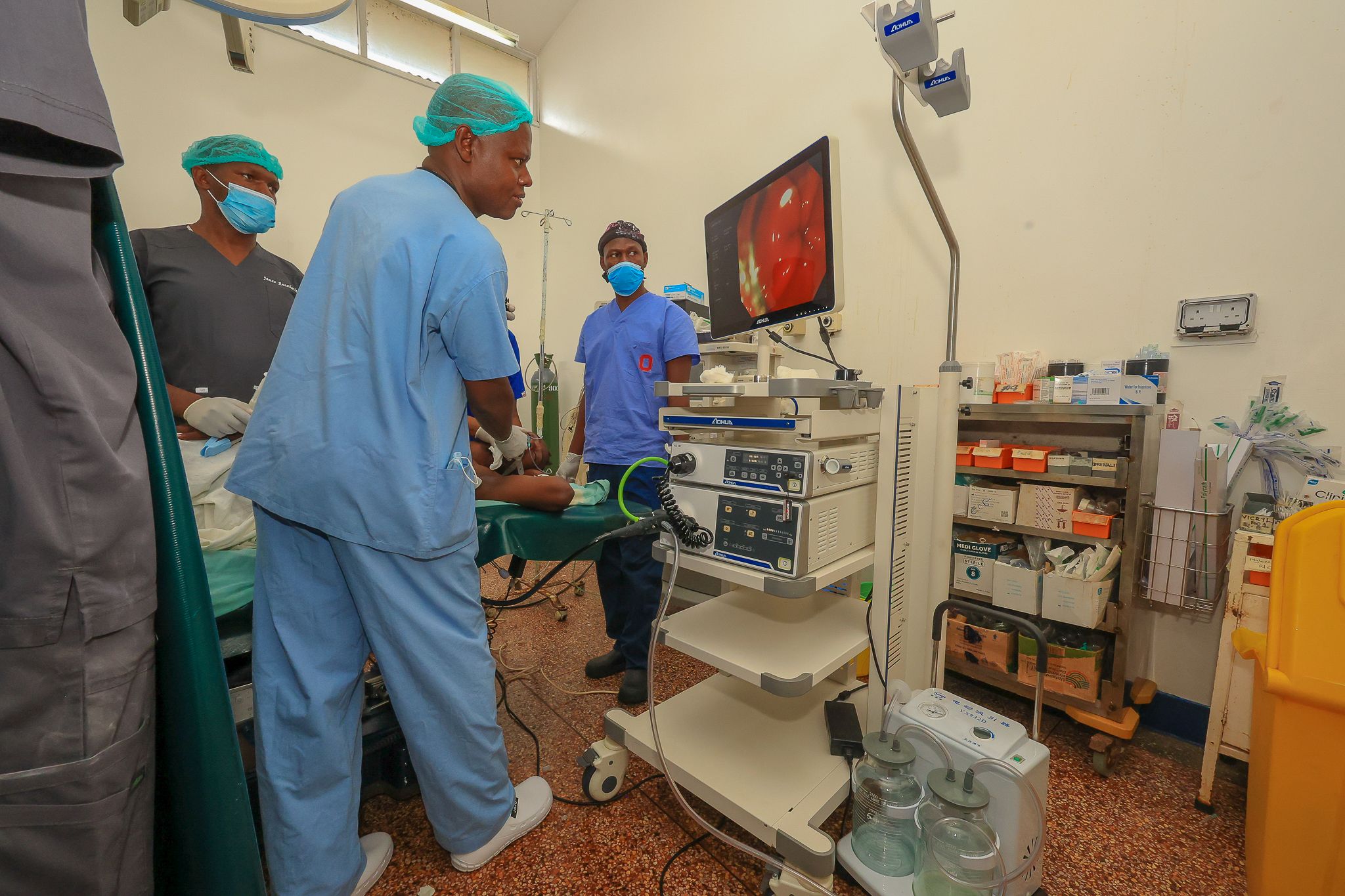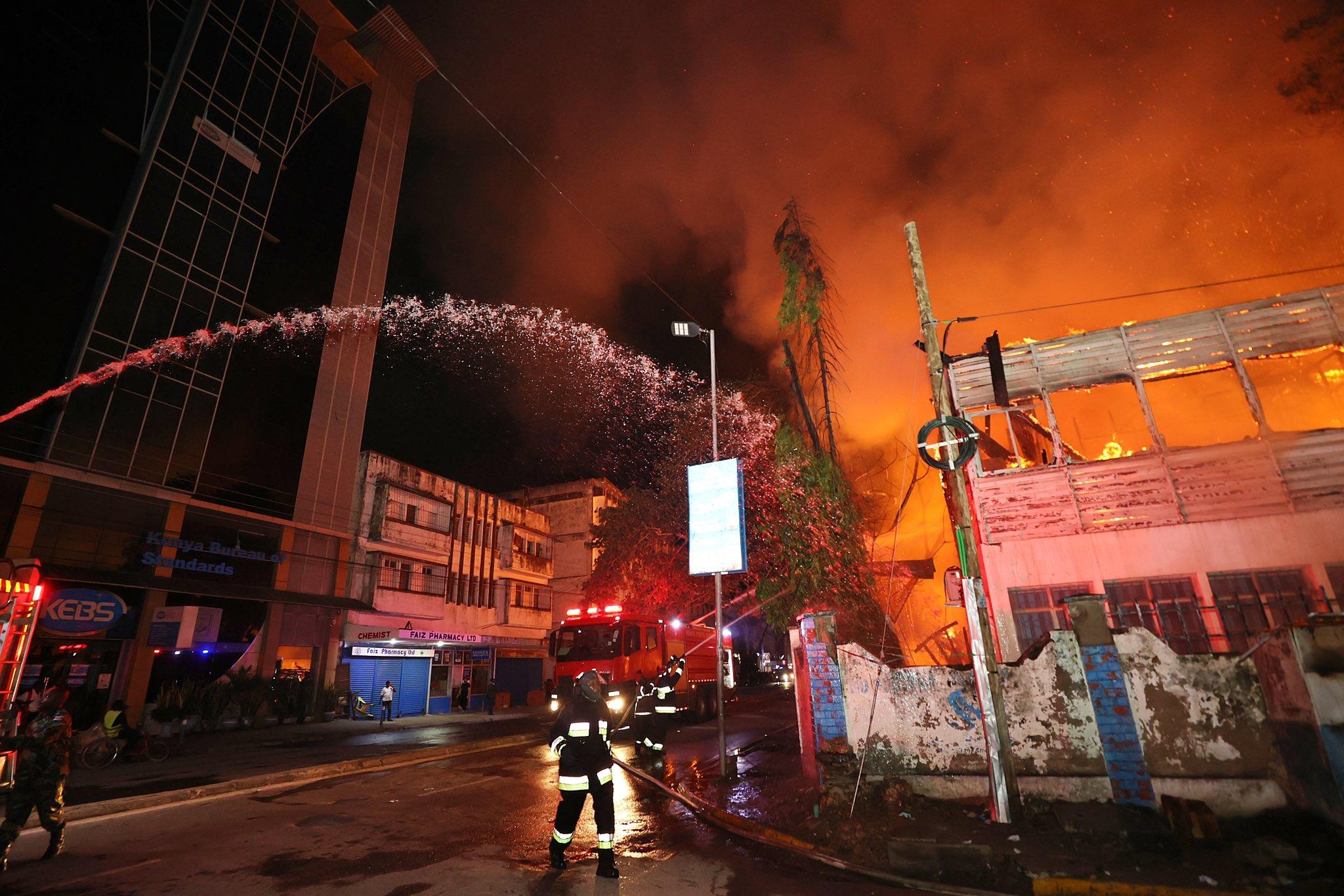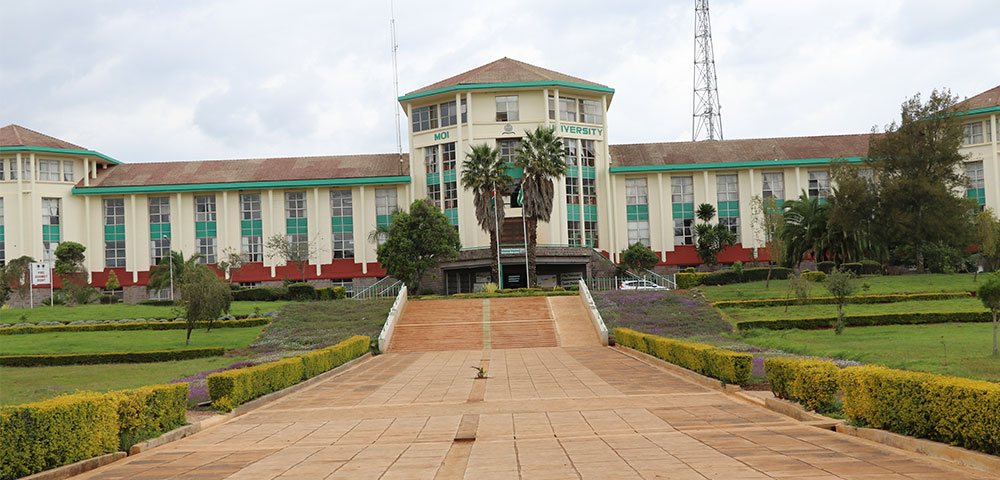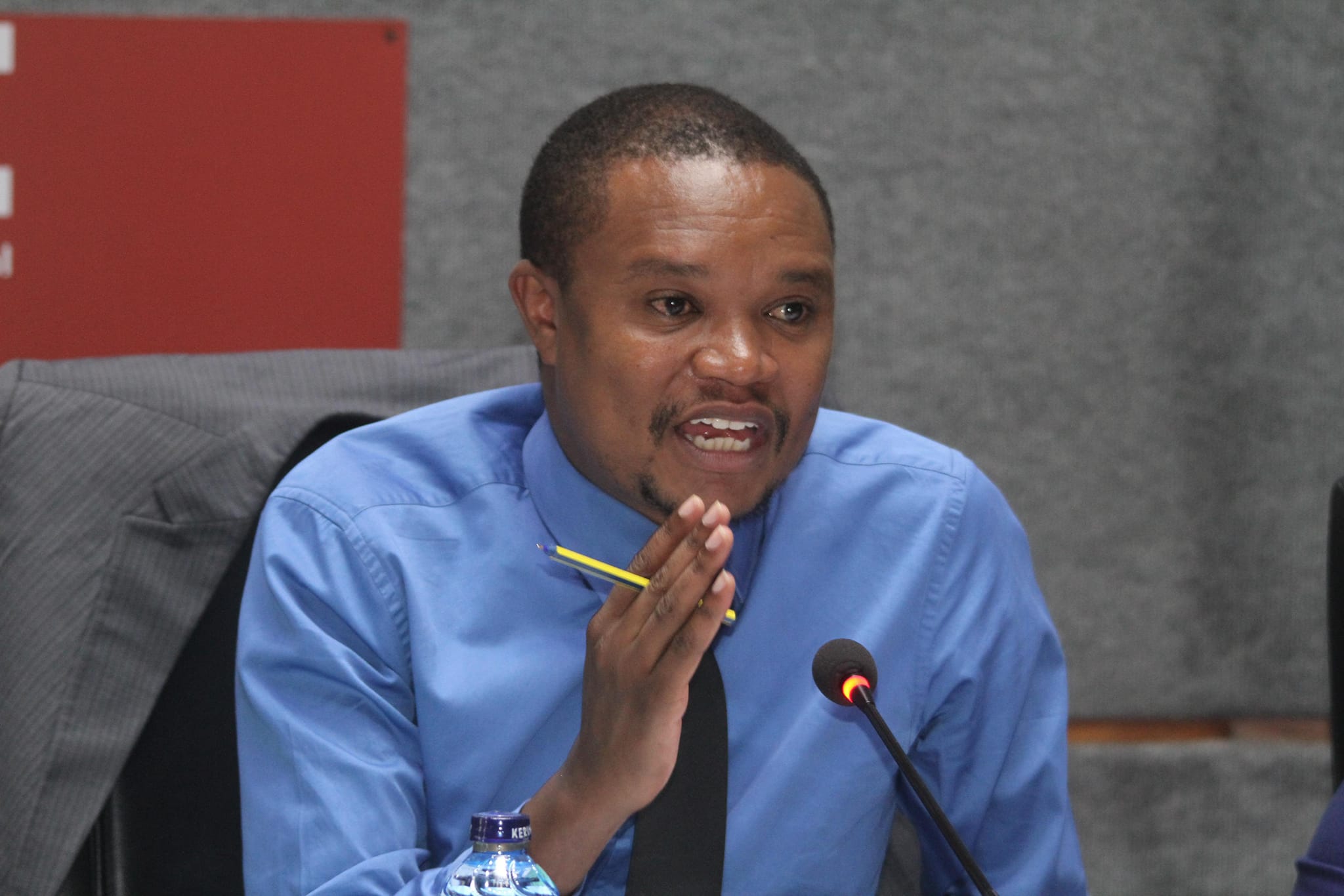Will Ethiopia's 2026 election be free and fair? Experts warn of systemic barriers to democracy
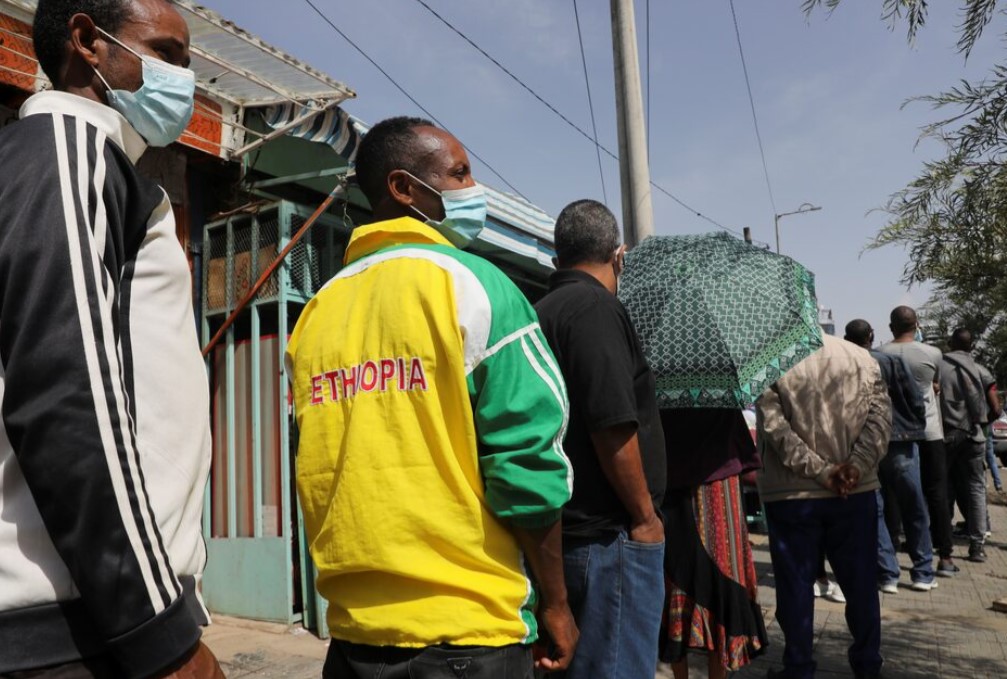
In Oromia and Somali regions, major opposition parties like the Oromo Liberation Front and the Ogaden National Liberation Front withdrew from fielding candidates due to repression.
Bizuneh Yimenu, Queen's University Belfast
More To Read
Ethiopia is due to hold elections in 2026. But will they be free and fair?
Since 1995, Ethiopia has held elections every five years, except for the 2021 election, delayed by COVID-19. The incumbent party has consistently secured over 95% of national parliament seats, except for 2005, when the opposition won about 32%. In 2021, the ruling Prosperity Party won 96.8% of the seats.
I specialise in Ethiopian politics and federalism, and recently published a paper on the country’s electoral landscape. In my study, I examined elections under the Ethiopian People’s Revolutionary Democratic Front, which ruled from 1991 to 2019, and its successor, the Prosperity Party.
My aim was to see whether Ethiopia was moving towards political pluralism, where diverse voices are represented in government decision-making, or if it remained authoritarian.
I conclude that the government still tends to suppress, detain and eliminate the opposition. I identified three main reasons for this.
- Despite changes in leadership and ruling parties, state repression, vote-rigging and political exclusion have been common features in the country’s elections since 1995.
- Ethiopia suffers from an uneven electoral playing field. Some regions experience contests while the ruling party tightly controls others.
- Ethiopia’s first-past-the-post electoral system has excluded significant opposition voices from parliament. This allows the ruling party to dominate both federal and regional legislative seats.
The way the electoral system works means that Ethiopia’s parliament is a one-party house, where other voices are drowned out.
My research highlights the fact that elections can be both “free” and “unfair”. Citizens technically have the right to vote. But an unbalanced electoral system and an uneven playing field ensure that ruling parties retain power.
The 2026 elections provide an opportunity for reforms that ensure greater political inclusion.
How elections are run
Ethiopia has held six rounds of elections since 1995. Despite some variations, the same patterns of electoral control persist. The ruling Prosperity Party has sustained and adapted authoritarian strategies to maintain dominance.
The party still uses many of the Ethiopian People’s Revolutionary Democratic Front’s tactics, including harassing, detaining and eliminating political adversaries.
It also has some new ways of looking for support, like selectively addressing regional grievances.
Regional differences
Opposition parties in different regions have faced varying degrees of repression. Electoral control has been strategic, rather than uniform.
Unlike previous studies that broadly assess Ethiopia’s authoritarian past, my research zooms in on regional variations in electoral competition. I show that repression is not uniform but strategically applied based on political calculations. This adds a new dimension to discussions on African elections. It shows that ruling parties can finetune control tactics to target specific threats.
In an ethnically diverse federal state like Ethiopia, an electoral system that promotes broad representation is essential for stability and inclusive governance.
First-past-the-post system
The current winner-takes-all system fosters a political monopoly. It sidelines critical perspectives and erodes trust in democratic processes.
In the 2021 election, opposition parties performed better in ethnically diverse regions, such as the Southern Nations, Nationalities and Peoples. However, these parties were heavily suppressed in political strongholds like Oromia and Somali regions. The first-past-the-post system has consistently led to one-party dominance, even when opposition parties gained significant public support.
For example, in 2005, opposition parties secured around 38% of the vote but ended up with far fewer parliamentary seats than their vote share justified.
In 2021, the Prosperity Party won 96.8% of federal parliament seats, despite getting 90% of the total vote. In Addis Ababa, opposition groups such as Balderas and Ezema received 32% of the vote but won no seats in parliament. This is because the system gives all the seats to the party with the highest votes in each constituency. It doesn’t even matter if opposition parties collectively get a substantial vote.
In Oromia and Somali regions, major opposition parties like the Oromo Liberation Front and the Ogaden National Liberation Front withdrew from fielding candidates due to repression. As a result, the ruling party was the sole option for two-thirds of federal seats and three-fourths of regional seats.
A way forward
So, what can be done? My research suggests three steps.
First, moving towards a proportional representation system would help balance the political competition. Proportional representation means that if a party gets 20% of the vote, it receives 20% of the seats.
About 130 countries, including South Africa, Namibia and Sierra Leone, use this system. Multi-party representation has led to more stable and inclusive governance. Fewer than 55 countries use first-past-the-post.
Second, the government must guarantee that opposition parties can operate freely in all regions, not just in areas where they pose little threat. All parties should have an equal chance to compete.
Third, independent electoral bodies and international observers need greater access to ensure fair play. Strengthening Ethiopia’s electoral board and making sure it’s impartial will foster public trust in elections.
The Conversation
Bizuneh Yimenu, Lecturer in Comparative Politics, Queen's University Belfast
This article is republished from The Conversation under a Creative Commons license. Read the original article.
Top Stories Today
- Directors of Chemelil, Nzoia and Sony sugar companies sacked after leasing deal
- Matiang'i is qualified to lead Kenya - Gachagua
- Kiambu hospitals serve over five million patients, twice the county’s population
- Mombasa Senator flags poor state of fire stations after weekend inferno
- Somali Government reopens Doolow airport after four-month closure
- Six development authorities to be disbanded under state reform plan
- DCI summons Mukuru activists over suspected links to BBC documentary
- Four critically injured after Matatu overturns in Nyeri
- Finland's President makes historic visit to Kenya as Nordic-Africa ties deepen
- AUSSOM on the brink: Funding crisis threatens AU's Somalia mission
- Treasury proposes budget cuts for Moi, Egerton and TUK amid wage woes
- Betting firms may be rigging outcomes to avoid taxes, MPs warn
- Kenyans given until May 21 to submit views on IEBC nominees
- Algeria orders expulsion of French embassy staff over "protocol breaches"
- Blanch, don’t soak: Chef Mohamud’s secret to perfectly crispy fries
- The hidden risks of trendy kitchenware in Kenya’s markets
- Key suspect in Kasipul MP Were’s killing arrested while fleeing to Tanzania
- Gachagua to launch party, pledges Mt Kenya unity, 2027 challenge to Ruto
- TPLF warns of peace threat over electoral agency’s refusal to reinstate legal status
- Ethiopia repatriates 121 citizens from Myanmar, hundreds still trapped
